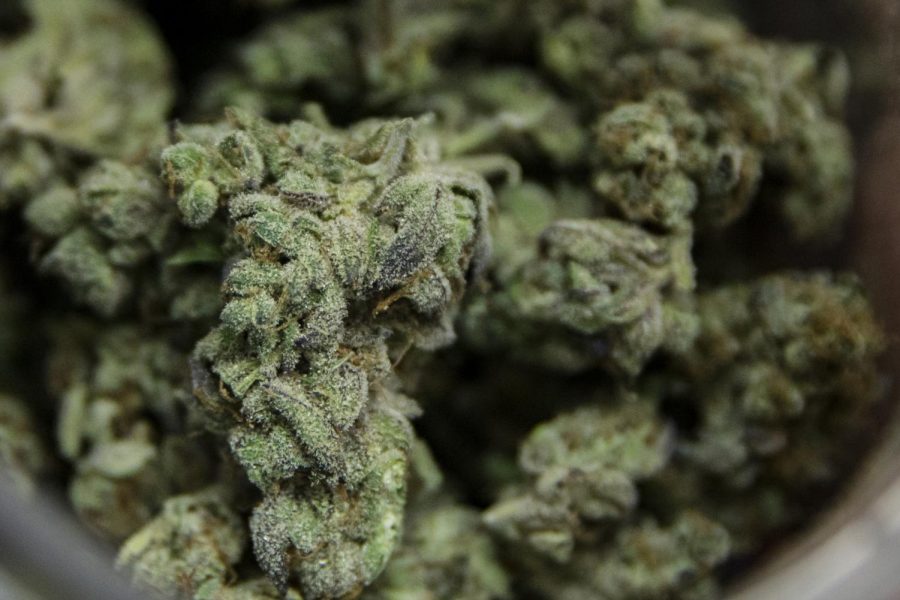It’s Time to Right Our Wrongs
With changes in state laws regarding marijuana use, it is essential now to amend violations and convictions for those with non-violent marijuana offenses.
PHOTO | MCT Campus
Kansas City Mayor Quinton Lucas announced at State of City address his plans to implement a pardon process for marijuana municipal violations Feb. 12.
Kansas City Mayor Quinton Lucas announced at his first State of the City address Wednesday, Feb. 12 that he will begin the process of offering pardons to those who’ve received municipal violations for marijuana possession. This move of action follows Missouri’s recent November vote for the legalization of medicinal marijuana. Kansas City is not alone in this movement. Los Angeles County District Attorney Jackie Lacey announced Feb. 13 that the city is set to dismiss 66,000 of the city’s marijuana convictions, searching as far back as 1961.
The United States’ stance against marijuana has shifted. Currently, 33 states have legalized marijuana for medicinal use and 11 have legalized it for both recreational and medical use for those over 21. As states enter into this new realm of legal marijuana, the question arises as to what happens now with the countless people facing convictions and violations for non-violent marijuana offenses.

In 33 states marijuana is legal for medicinal use and 11 states have legalized it for both recreational and medicinal use.

Los Angeles County District Attorney Jackie Lacey speaks during a press conference at the Hall of Justice on Nov. 15, 2019 in Los Angeles. Lacey announced the dismissal of 66,000 marijuana convictions in the county this week. (Allen J. Schaben/Los Angeles Times/TNS)
In 2018, there were 663,000 arrests for marijuana-related offenses. These arrests comprised of 40 percent of the 1.65 million drug arrests in the United States. Of these marijuana-related offenses, black and Latino Americans make up the majority of convictions. Though marijuana use by white and black people has proven to be equal, black Americans are still 3.73 times as likely to be arrested for possession, according to the ACLU. Of L.A.’s 66,000 potential dismissed convictions, 45 percent are Latino, 32 percent are black and only 20 percent are white. As racial bias and disparity continue to be at the root of the United States’ ‘drug problem,’ now that legalization is being enforced, it is only just to right the past wrongs of the country’s justice system regarding marijuana offenses.
It is 2020. Times have changed—drastically. With the progression of society, marijuana use is no longer considered taboo. The law is reflecting these new ideals throughout 44 of our 50 states. As the United States retract their irrational and imbalanced ‘war on drugs,’ the same effort must be put toward amending the suffrage of those wrongfully and unjustly affected.




